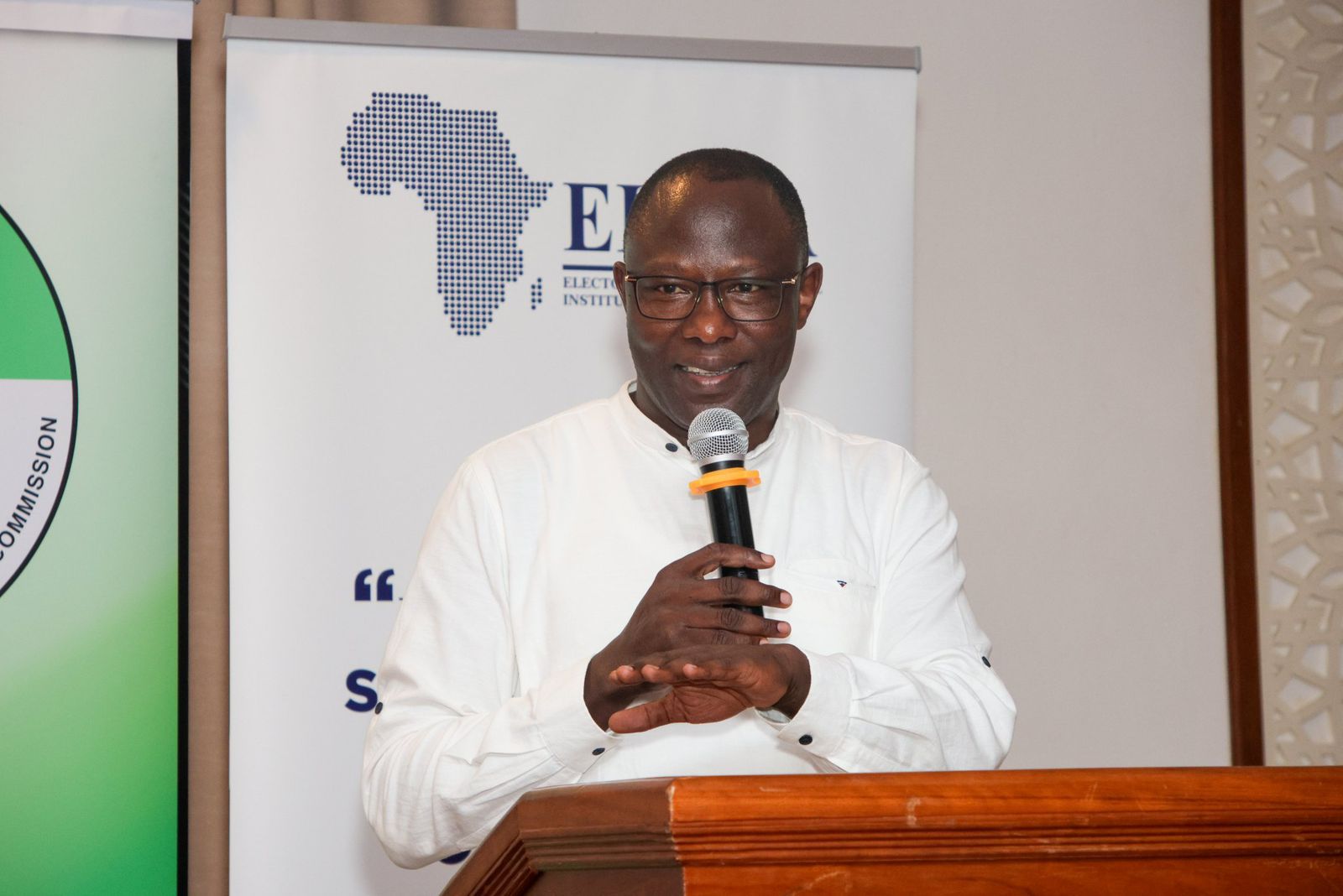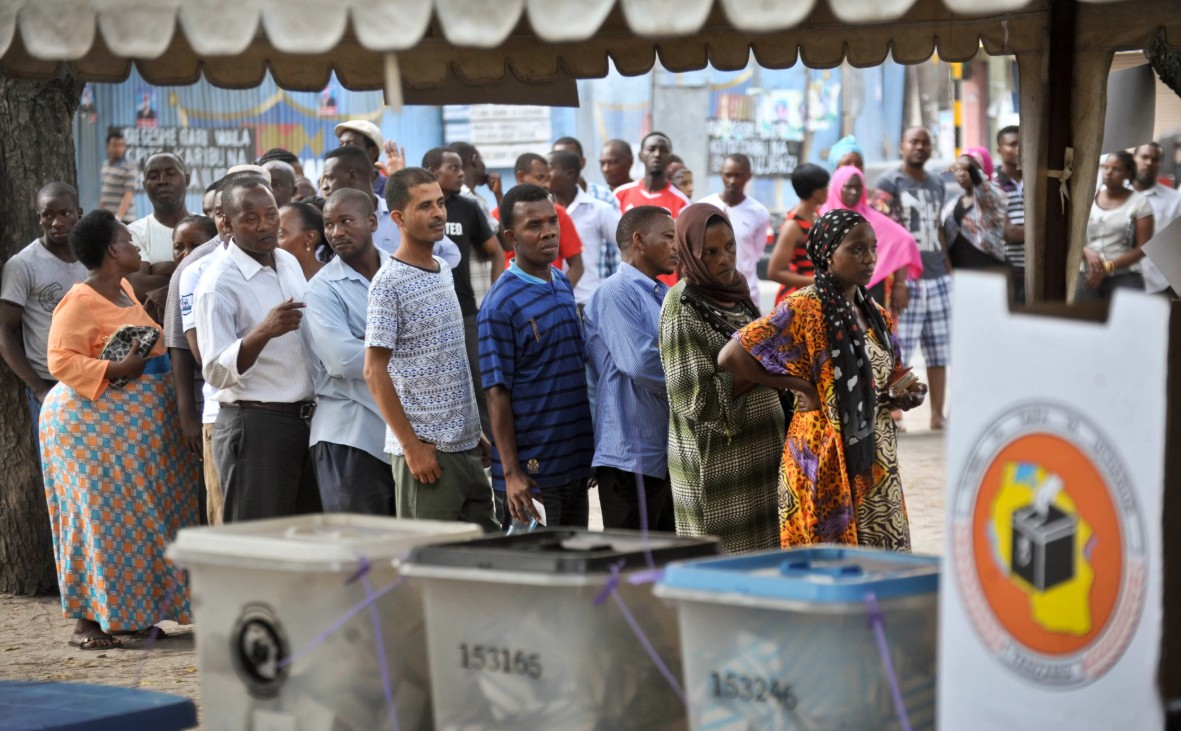KAM decries weak policy enforcement in Kenya’s wastewater management

The Kenya Association of Manufacturers (KAM) has raised concerns with both national and institutional authorities responsible for managing wastewater, urging stronger action to curb greenhouse gas emissions.
This comes amid claims that these bodies are falling short of their responsibilities, particularly in enforcing policies on wastewater reuse — an essential measure in tackling industrial emissions.
More To Read
- Kenya’s struggling leather industry faces fresh test as show imports hit Sh1.85 billion
- State to ease import rules for manufacturers in bid to cut production costs
- Kenya on the verge of agreeing with US to scrap 10% import tariff - PS Mukhwana
- Kenya unveils new manufacturing blueprint to double exports by 2028
- Why Kenya is currently not the best destination choice for investors - KAM
- Kenya losing Sh3 billion daily to corruption, manufacturers association says
In its July industrial preparedness report, the Association highlights weak policy enforcement as a critical barrier threatening Kenya’s ambition to reduce emissions by 32 per cent by 2030.
The target is outlined in Kenya’s Nationally Determined Contribution (NDC) commitments, which identify wastewater management as key to achieving emission reduction goals, given the sector’s significant contribution to methane (CH₄) and nitrous oxide (N₂O) emissions.
“There are regulatory and institutional barriers, including weak enforcement of wastewater reuse policies and limited incentives for emissions reduction strategies,” the report states.
Other major challenges include inadequate infrastructure, financial constraints, and limited public awareness.
“Institutional gaps and political interference further hinder effective wastewater management, while data limitations restrict climate-focused interventions,” the report adds.
This comes against the backdrop of wastewater management’s critical role in environmental protection.
According to KAM, effective wastewater management is essential for environmental sustainability, public health, and economic development.
The report was produced by KAM in partnership with the Confederation of Danish Industry and the Kenya Water Institute.
Speaking at the launch event on Friday, KAM Chief Executive Tobias Alando called for stronger regulatory and financial support to boost the private sector’s role in emissions reduction.
“As KAM, we believe industry is not a passive observer in climate action; we are key actors. Many of our industries have already taken bold steps — from recycling greywater in production plants to installing on-site treatment facilities and exploring biogas generation from effluent sludge, the private sector is already innovating,” Alando said.
He noted that industrial parks are experimenting with zero liquid discharge systems, textile companies are treating and reusing dye water, and food processors are adopting circular economy models.
“But we are also honest: we know there is more to do. We need a more enabling policy environment, easier access to green financing, and capacity-building to bring SMEs into this journey,” he added.
Also speaking at the launch, Principal Secretary in the State Department for Water and Sanitation, Julius Korir, affirmed the government’s commitment to expanding sanitation access.
He noted that access to water had improved significantly, rising from 68 per cent to over 75 per cent by 2025.
“We have expanded sanitation in major towns like Nairobi, Mombasa, and Kisumu. Our focus now is on emerging towns such as Mandera, Isiolo, Wajir, Chuka, Chogoria, Malindi, Mtwapa, and Kiambu,” Korir said.
He added that the government is investing in sewer systems to reduce discharge into rivers.
“These investments are not just about infrastructure but also about dignifying the lives of Kenyans and supporting industry. Industries are both users of water and generators, and therefore, a critical part of the solution,” he emphasised.
Other stakeholders in the sector highlighted the need to view wastewater not as waste, but as a vital, reusable resource aligned with circular economy principles.
However, despite promising progress, several challenges continue to hinder the full implementation of resource recovery and circular economy practices within Kenya’s wastewater sector.
These challenges include technological limitations, such as the high cost of advanced treatment technologies and a lack of local expertise for greenhouse gas-reducing wastewater treatment solutions, which impede wider uptake.
They also pointed to negative public perceptions and concerns about the safety and quality of recycled water and biosolids, despite their climate benefits.
To address these issues, KAM emphasised the need for infrastructure upgrades, stronger enforcement mechanisms, greater investment in decentralised treatment solutions, capacity-building initiatives, and enhanced data collection systems for environmental monitoring.
Strengthening collaboration between industry, government and the public was also identified as crucial for achieving sustainable and efficient industrial wastewater management.
Wastewater is a significant contributor to global pollution, with a large proportion discharged untreated into the environment.
Globally, roughly 80 per cent of wastewater is estimated to be discharged untreated, affecting water bodies and ecosystems. Untreated wastewater carries pollutants such as bacteria, pathogens, and other harmful substances, posing risks to human health and the environment.
Top Stories Today
Reader Comments
Trending












































